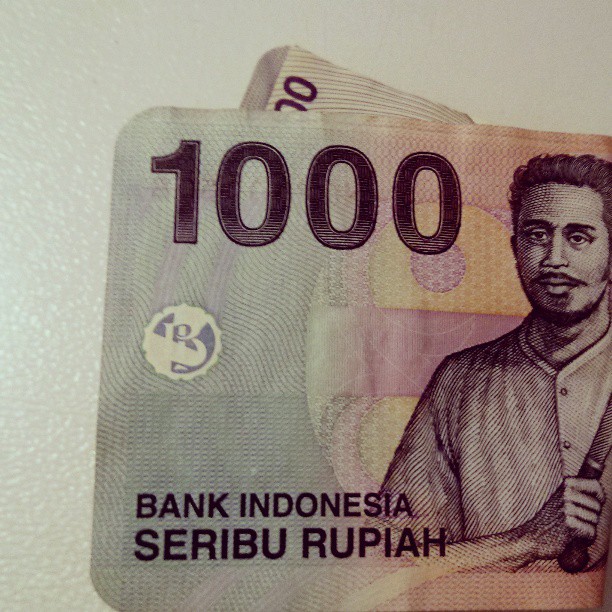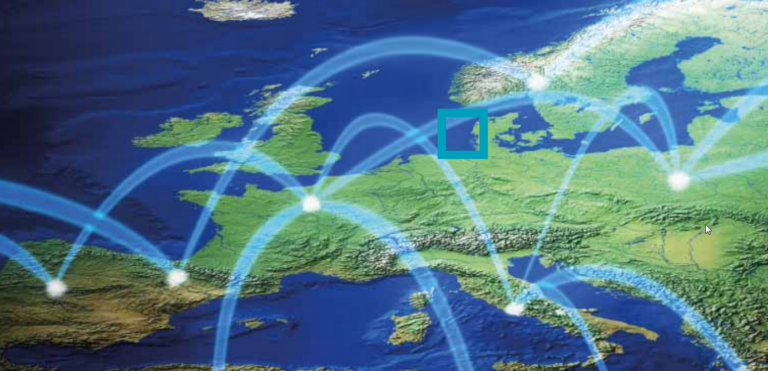
How tax havens like the Netherlands are draining developing countries of precious public funds
The small nation is depriving other countries of €22 billion a year.
An opinion piece with openDemocracy(opens in new window)
The Covid-19 crisis has shown just how important publicly funded services are to our societies. This has been most visible in the healthcare sector, but widespread programs to financially support businesses also make up a substantial proportion of the total support given in high-income countries. These direct fiscal expenditures totaled almost 10% of GDP in Germany, the UK and the United States.
When you give it some thought, it is highly remarkable that, in times of business-driven market liberalization, enterprises are asking for government support in times of need. This is especially the case for companies that have been depleting governmental resources through tax avoidance techniques. It is estimated(opens in new window) that each year about 40% of all multinationals’ profits are shifted to tax havens. This shifting of profits has resulted in an annual reduction of worldwide government revenue of $200 billion. UNCTAD calculated(opens in new window) in 2015 that low-income countries lose about $100 billion each year through tax avoiding techniques.
There are a number of countries that play a key role in the global structure of profit shifting. One of the most important is the Netherlands. The Netherlands is a relatively small country (with only about 17 million inhabitants) and its geographical size is almost three times smaller than the state of New York, but it’s ranked number one in terms of incoming foreign direct investments. Its economy, aligned with its fiscal policy, is traditionally structured(opens in new window) in such a way that Dutch companies can easily expand their businesses abroad. Taxes, for example, on international capital flows, are generally close to zero. This is not only the case for outward capital flows, but also for incoming capital flows.
This has led to a situation where non-Dutch companies structure their international businesses via the Netherlands. They do this by using ‘letterbox companies’ – so called because they are only registered there for tax avoiding purposes and have no real economic presence (they, for example, do not employ people). It was estimated that there are currently about 14,000(opens in new window) of these letterbox companies in the Netherlands, with assets on their accounts worth more than €4,000 billion. Through the position of the Netherlands, other countries lose about €22 billion(opens in new window) per year.
Why would the Netherlands offer its tax system to mailbox companies that do not even pay taxes(opens in new window) in the Netherlands? An important reason is the employment it creates for consultants, lawyers, tax advisors and accountants that secure the incorporation of the letterbox companies in the Netherlands. They have a strong and vested interest in this mailbox industry. A second reason is the expectation by the Dutch government that some mailbox companies will eventually change into real companies with real economic activities in the Netherlands. They literally call this opportunistic expectation the ‘nursery room idea(opens in new window) ’ or the euphemistic ‘swan cling to’ doctrine. It is unclear to what extent this expectation has actually been realized.
The tax friendly environment of the Netherlands is inter alia created through a network of Double Tax Agreements (DTAs). Its approximately 100 DTAs(opens in new window) are popular amongst international investors, as they minimize the rights to taxation that both parties can uphold over bilateral investments. An important taxation right, for example, is the withholding tax over outbound passive income payments, such as dividends, interest and royalty payments. The Netherlands has been able to bilaterally lower these withholding tax rates, sometimes even to zero, in its tax treaties.
The Netherlands has been strongly criticized(opens in new window) for its unique position in international tax avoiding structures, as it undermines the ability of other countries – especially developing countries – to collect sufficient taxes.
The Netherlands sets out its tax treaty policy in a special ‘Memorandum on Tax Treaties(opens in new window) ’. The Memorandum was last altered in 2011, and a new version was presented to the Dutch Parliament earlier this year. The memorandum, among other things, stipulates its tax treaty policy in relation to developing countries. In both the 2011 and the draft 2020 Memorandum it is stated that(opens in new window) the Netherlands will ‘show understanding towards developing countries, for instance, for requests for an expansion of the concept of ‘permanent establishment’ or for relatively high withholding taxes’. It was further detailed, in a Parliamentary debate(opens in new window) , that ‘the Netherlands is prepared to agree to higher withholding taxes than in relation to more developed countries, with the understanding that the Netherlands wishes to achieve a result more or less equivalent to that in the treaties of that developing country with comparable more developed countries’.
Have these words been put to action by the Dutch government over the last decade? SOMO has released new research into all tax treaties that the Netherlands (re)negotiated with developing countries, following the 2011 Memorandum on Tax Treaties. In total six tax treaties were (re)negotiated since 2011, with Ukraine, Indonesia, Kenya, Zambia, Malawi and Ethiopia. For four out of these six, the withholding tax rate was lower than the average OECD withholding tax rate. It is not clear whether the Netherlands is, in all circumstances, to be blamed for the low withholding tax rates – it could be the case that the other treaty country pushed for the lower withholding tax rate. However, based on the explanatory memorandums of the tax treaties, the Netherlands did strive in multiple circumstances for low(er) withholding tax rates.
At a time when public funds are especially precious, our research shows that the Netherlands continues to allocate very limited taxation rights to developing countries, despite its promises. At the same time, it has maintained its attractiveness for international investors by using tax treaties to help them avoid taxation, accelerating the international race to the bottom on tax. In a post-Covid world where everyone has access to quality public services, countries must stop operating as tax havens so that giant corporations can be made to pay their fair share.
Partners
-
openDemocracy
Related content
-
 Dutch tax treaty policy differs considerably from practice regarding developing countriesPosted in category:News
Dutch tax treaty policy differs considerably from practice regarding developing countriesPosted in category:News Maarten HietlandPublished on:
Maarten HietlandPublished on: -
 Maarten HietlandPosted in category:Publication
Maarten HietlandPosted in category:Publication Maarten Hietland
Maarten Hietland
-
 Maarten HietlandPosted in category:Publication
Maarten HietlandPosted in category:Publication Maarten Hietland
Maarten Hietland
-
 The Indonesia-Netherlands tax treaty is one of Indonesia’s biggest tax leaksPosted in category:News
The Indonesia-Netherlands tax treaty is one of Indonesia’s biggest tax leaksPosted in category:News Maarten HietlandPublished on:
Maarten HietlandPublished on: -
 Dutch double taxation treaties lead to huge revenue losses in developing countriesPosted in category:NewsPublished on:
Dutch double taxation treaties lead to huge revenue losses in developing countriesPosted in category:NewsPublished on: -
 Katrin McGauranPosted in category:Publication
Katrin McGauranPosted in category:Publication Katrin McGauran
Katrin McGauran
-
 New tax treaty policy puts developing countries at a disadvantagePosted in category:NewsPublished on:
New tax treaty policy puts developing countries at a disadvantagePosted in category:NewsPublished on:

